Reasons Why Heating Units Can Trip the Circuit Breaker
Circuit breakers protect home appliances from damage caused by excess current from an overload or short circuit. When they trip, they cut off voltage flow through the circuit. It’s not uncommon for this to happen occasionally, but if it happens repeatedly there might be a problem with the equipment itself. If this occurs every time you turn on your heating unit, it may be time to have it inspected by a certified technician.

In today’s blog, local heating and air conditioning contractor Reliable Air Conditioning & Heating explains the top reasons why heating units trip the circuit breaker.
Blocked vents. Vents around your home should be free from obstructions. If they’re blocked by furniture or otherwise kept closed, the air pressure will increase inside the system, resulting in an overloaded circuit. Keeping the vents closed won’t help you save on energy, much less establish zone control.
A clogged air filter. The air filter of a heating system can get clogged with dust, pet dander and other airborne particles from the indoor air. Failing to clean it for many months will affect not just the indoor air quality but also the equipment’s longevity and performance. The blower fan, in particular, has to work harder than usual, and this can overload the circuit for the blower fan motor. Make it a point to clean or replace the air filter every one to three months.
Electrical problems. The heating unit might have loose or frayed wires inside it, as well as bad connections on the control panel. These issues can cause a short circuit and a tripped breaker. Get in touch with your HVAC technician and have your heat pump inspected for electrical problems.
Call Reliable AC & Heat for Your HVAC Needs
Turn to Reliable Air Conditioning & Heating for your heating and air conditioning installation needs. In addition to installing and repairing your HVAC system, we also perform preventative maintenance and tune-ups. Give us a call at (818) 423-4285 or fill out our contact form to request a free estimate.

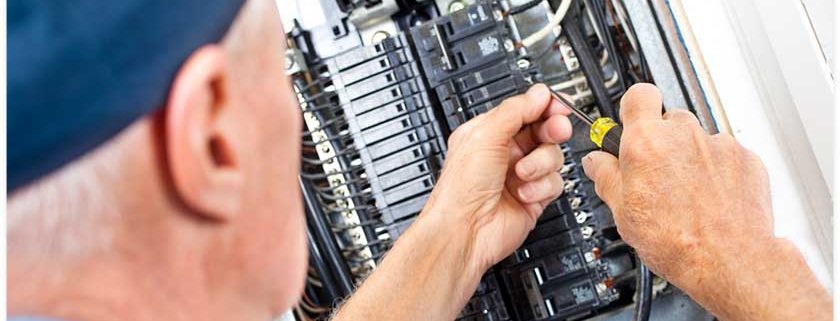

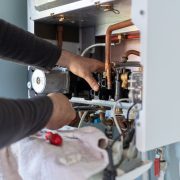
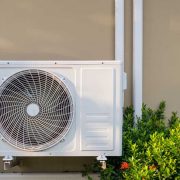
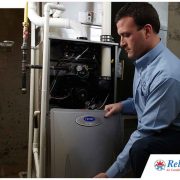
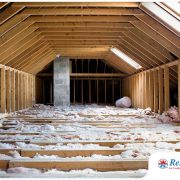

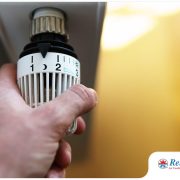
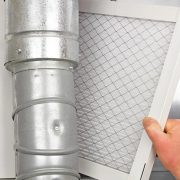


Leave a Reply
Want to join the discussion?Feel free to contribute!